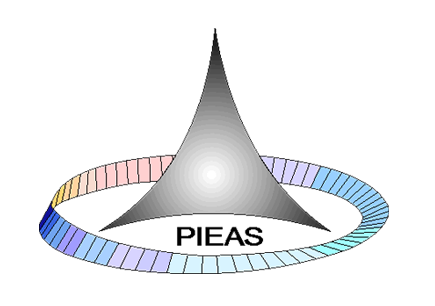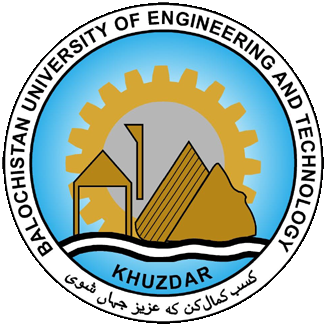






Follow us:
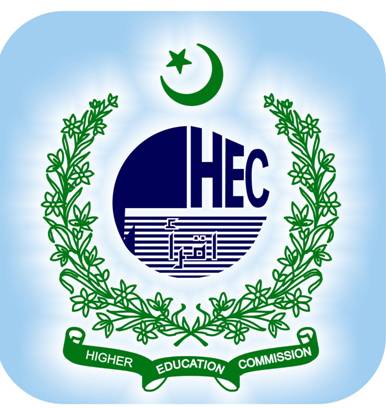
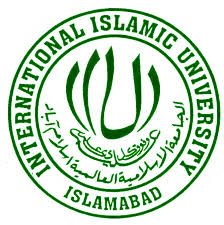
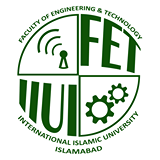
SPONSORS
Technical co-sponsors
SEPTEMBER 10-12, 2018 ISLAMABAD, PAKISTAN
PGSRET
2018
4rth International Conference on
Power Generation Systems and Renewable Energy Technologies
1. Ocean Energy & Hydro Power Generation \Systems and Technologies
Areas of interest include, but are not limited to:
- Ocean Energy; Wave and Tidal;
- Conversion of Wave, Tidal and Salinity Gradient;
- Wave Energy Technology;
- Tidal Energy;
- Wave Energy Conversion Principles, Machinery, Control Principles, Materials, Moorings, Installation, Operation and Maintenance;
- The Development of Tidal Turbines, Horizontal and Vertical Axis Tidal Turbine, Oscillating Hydrofoil
- Dams and Civil Structures
- Equipment and Technology
- Project Development: Micro Project, Macro Project, Mega Project
- Water Resources Management
- Storm/Flood Water Control and Management
- Flood Forecast and Analysis
- Tsunami Modeling
- Tsunami Forecast and Analysis
- Wastewater Management
- Water Supply and Distribution
- Water Demand Forecasting
- Water Consumption Trends
- Water Resources; Groundwater;
- Water Saving Technologies;
- Rainwater Harvesting; Grey Water Recycling;
2. Renewable Energy Systems & Technologies
Areas of interest include, but are not limited to:
- Wind Power Generation and Utilization
- Optimization of Wind Energy Systems
- Wind Turbine Design and Optimization
- Wind Farm Layout & Optimization
- Solar Energy: Solar Power Applications
- Bio-Fuels & Biogas
- Bio-Energy Technologies, Process and Utilization
- Geothermal and Tidal Wave Energy
- Ocean Energy
- Hydro Energy
- Hybird & Electric Vehicles
- Clean Renewable Energy, Alternative/Renewable Sources for Power, Large-Scale Incorporation of Renewable Energy, Grid-Connection, Design and Manufacturing of Renewable Energy Plant, Connection With LT Lines, Sustainable Energy Supply
- Green Technology/Renewable Industry
- Geothermal Energy, Geothermal Energy with Heat and Cold Storage in the Ground, Thermal Storage; Molten Salt Storage System; Concrete Storage
- Biogas: Bio-Fuels, Biogas Production, Large Scale Biogas Heat and Electricity Production; Technologies for Biogas Cogeneration, Gas Turbines and Fuel Cells; Biogas Grid Connection; Biogas Transportation, Production, Storage, Fuelling and Distribution; Biogas from Organic Waste, Industrial Waste & Waste Water; Biogas from Sewage Treatment Plants; Biogas Production from Animal Manure Gasifying High Yield from Crops; Biogas Role in the Renewable Energy Supply Systems
- Offshore Wind Projects Development and Prospects, Greenfield and Brownfield Sites; Efficiency and Output Of Wind Power Plant, Sources Of Technology, Components and Manufacturing; Drivers for Joint Wind and Solar Power Plants; Technology of Seamless Interworking of Wind and Solar Equipment; Potential of Offshore Wind Farms Technology Options; Power Generators Technology; Innovations in Turbine Technology; Technologies for Wind Forecasting, Measurement and Meteorological Data Analysis; Offshore Sites for Maximum Power Generation; Wind Forecasting to Power Levels; Wind Resource Aerodynamics and Structural Dynamics; New Conceptual Designs and Technologies.
- Solar Technologies and System Engineering: Solar Energy for Rural and Remote Locations; Solar Energy Power Plant; Operational Efficiency of Solar Power Plant; Advanced Photovoltaic Technologies; Concentrator; Photovoltaic; Application of Photovoltaic on Grid; Establishing Indigenous Production of Photovoltaic; Photovoltaic Systems; Photovoltaic Solar Electricity; Organic-Based PV; Polymer PV and Hybrid Approaches; Components for Pv Systems and Manufacturing Technology; Large PV Power Plants; High Penetration of Distributed PV; Solar Thermal Technologies; Solar Cells; Solar Cell Materials and Technologies; Silicon Solar Cells; Integrating Solar Into Future Grid Supplies, Dye-Sensitized Cells and Modules, Carbon Nano-Tubes
- Terrestrial Concentrator Systems: Materials and Processing for Very-High Efficiency Cells
- Efficient Silicon Production Technologies; Wafer-Based Silicon; Mono- and Multi-crystalline Silicon Materials and Cells;
- Thin Film Solar Cells Technology: Ternary Thin Film Solar Cells; Cdte Solar Cells
3. Renewable Energy System - Aspects of Materials and Structures
This Special Session will focus on the Development and Applications of Materials and Structures for Renewal Energy Systems. Recent Advances in R&D and Innovation Covering the Areas Of Materials Science and Engineering, Mechanics of Materials and Structures, Numerical Modeling and Experimentation, Materials Processing and Fabrication, Structural Integrity and Reliability will be presented and discussed. We invite you and your colleagues to present and publish your work covering, but not limited to the following topics:
Areas of interest include, but are not limited to:
- Composite Materials
- Materials for High-Temperature Applications
- Deformation Response
- Behavior Under Impact / High Strain-Rate Loading
- Fatigue and Fatigue Crack Propagation
- Assessment of Damage
- Mechanisms of Failure
- Non-Destructive Evaluation (NDE)
- Advanced Processing and Fabrication Method
- Residual Stresses
- Design and Optimization
- Reliability Prediction
- Failure Analysis
- Finite Element Method / Numerical Simulation
4. Energy Systems, Technology & Management
Areas of interest include, but are not limited to:
- Energy and Environment
- New Technologies and Design for Energy Efficiency
- New Technologies for Minimizing CO2 Generation
- Power System Management
- Power System Management Technologies
- Integrated Substation Automation Technologies
- Power System Monitoring and Mitigation Technologies
- Online Monitoring and Fault Diagnosis Systems
- Control Strategies for Modern Power System Stability
- Modeling and Simulation of Power Systems
- Power Transmission and Distribution
- Power System Analysis and Optimization
- Load Modeling, Estimation and Forecast
- Power System Planning and Operation
- Energy Marketing
- Energy Management
- Uncertainty in Energy System Design & Operation
- Risk Assessment of Energy System
- Advanced Energy Systems: Fusion Plasmas, Lasers, Radiation, Nano-magnetism, Spintronics, Electrochemical Energy Systems etc
- Energy and the Economy
- Fuel Cells and Hydrogen Energy Technologies
- Transportation Energy Systems
- Thermo-Fluids and Thermodynamics of Energy Systems
- Energy Science and Technology
- Distributed Energy Technology
5. Fossil Fuels Power Generation Systems and Technologies
Fossil Power Plants will continue to Contribute Significantly to a Needs-Oriented Power Supply. They form the Basis of a Working Energy Mix, which is indispensable for Meeting the Major Challenges of today and tomorrow. Global Urbanization, Scarce Resources, and Climate Change need Products, solutions and services for more Efficient Fossil Power Generation.
Areas of interest include, but are not limited to:
- Reliable, Efficient, and Clean Fossil Power Systems
- Oil Power Generation Systems and Technologies
- Gas Power Generation Systems and Technologies, Gas Storage, Gas to Liquids Conversion
- Natural Gas Distribution Systems
- Coal Power Generation Systems and Technologies
- Efficiency of Coal-Based Power Systems
- Hydrogen Turbines
- Gasification Technologies
- Advanced Combustion
- Solid Oxide Fuel Cells
- Hydrogen From Coal
- Coal to Liquids
- Electrical Power Generation from Fossil Fuels
- Unconventional Oil, Unconventional Gas, Unconventional Fossil Fuels and Liquids
- Fuel Supply and Energy Planning
- Conversion Technologies for Heat and Power Applications
- Equipment and Technology
- CO2 Reduction Technologies
- Pressure Vessels
- Carbon Capture
- Industrial Carbon Capture and Storage
- Carbon Storage/Sequestration
6. Nuclear Power Generation Systems and Technologies
Areas of interest include, but are not limited to:
- Advances in Nuclear Power Technology Development, Advanced small Reactors, Safer new Reactor Designs, Cheaper Models, National and Worldwide Nuclear Plant Safety Regulation and Standards, Environmental Impacts of Nuclear Power Plant, The Future of Nuclear Power, Role of the Fuel Cycle in a Nuclear Power Program, Fuel Procurement, used Fuel Management, Reprocessing Fuel, Underground Nuclear Reactors and Subterranean Power Generation,
- NPP Materials Fatigue, E-brittlement Study and NPP Reliability, Life Enhancement Analysis,
- NPP Technology Transfer
- Condensed Matter Nuclear Science
- Fusion Device Engineering
- Innovative Transmutation Systems
- Best Practice Waste Management Techniques and Safety
- Risk Assessment and Mitigation
- Nuclear Non-Proliferation
7. Energy Applications of Nano-Technology
Nanotechnologies provide essential improvement potentials for the development of both conventional energy sources (fossil and nuclear fuels) and renewable energy sources like geothermal energy, sun, wind, water, tides or biomass. Nano-coated, wear resistant drill probes, for example, allow the optimization of lifespan and efficiency of systems for the development of oil and natural gas deposits or geothermal energy and thus the saving of costs. Further examples are high-duty nano-materials for lighter and more rugged rotor blades of wind and tidal power plants as well as wear and corrosion protection layers for mechanically stressed components (bearings, gear boxes, etc.). Nano-Technologies will play a decisive role in particular in the intensified use of solar energy through photovoltaic systems. In case of conventional crystalline silicon solar cells, for instance, increases in efficiency are achievable by antireflection layers for higher light yield.
Nano-optimized membranes can extend the scope of possibilities for separation and climate-neutral storage of carbon dioxide for power generation in coal-fired power plants, in order to render this important method of power generation environmentally friendlier in the long run. The energy yield from the conversion of chemical energy through fuel cells can be stepped up by nano-structured electrodes, catalysts and membranes, which results in economic application possibilities in automobiles, buildings and the operation of mobile electronics.
Nanotechnologies can improve capacity and safety of lithium-ion batteries decisively, as for example through new ceramic, heat-resistant and still flexible separators and high-performance electrode materials.
Current materials for chemical hydrogen storage do not meet the demands of the automotive industry, which requires a hydrogen-storage capacity of up to ten weight percent. Various nano-materials, inter alia based on nanoporous metal-organic compounds, provide development potentials, which seem to be economically realizable at least with regard to the operation of fuel cells in portable electronic devices.
Another important field is thermal energy storage. The energy demand in buildings, for example, may be significantly reduced by using phase change materials such as latent heat stores. Interesting, from an economic point of view, are also adsorption stores based on nanoporous materials like zeolites, which could be applied as heat stores in district heating grids or in industry. The adsorption of water in zeolite allows the reversible storage and release of heat. To achieve sustainable energy supply, and parallel to the optimized development of available energy sources, it is necessary to improve the efficiency of energy use and to avoid unnecessary energy consumption. This applies to all branches of industry and private households. Nano-technologies provide a multitude of approaches to energy saving.
Areas of interest include, but are not limited to:
- Nano-Materials for Energy Technology, Fuel Cell Technologies and for Hydrogen Production and Storage
- Nano-Technology for Efficient Energy Conversion
- Functional Surfaces and Nano-structured Coatings for Energy Systems
- Selective Nano-structured Absorbers for Thermal Collectors
- Semi-Conductor Processing for Nano-Energy Solutions
- Thin-Layer Solar Cells (among others Silicon Or other Material Systems like Copper/Indium/Selenium), Dye Solar Cells Or Polymer Solar Cells, Which Predominantly Profit from Nano-Technologies
- Phase Change Materials
- Nano Sensors for Smart Grids
- Nano-Porous Foams and Gels for Thermal Insulation
- Nano-Catalysts
- Nano-Composites for Radiation Shielding
- Nano-Optimized Membranes and Electrodes for Efficient Fuel Cells
- Nano-Fillers for Electrical Isolation Systems
8. Mixed Topics
Areas of interest include, but are not limited to:
- New Technologies such as High Power Batteries, Fuel Cell, Carbon and Li+ Materials Structures, Electrolytes and other Material Developments, Energy Storage Products and Ultra Capacitors.
- Hybrid Components, Advances in the Combination of Battery and Ultra-Capacitor Structures to Optimize Performance for Specific Applications or Characteristics.
- Smart Grids, Micro-grid, Energy Storage in Smart Grid.
- Smart Meters
- Quantum Energy Technology
- Renewable Fuels for Transportation.
- Zero Emission Buildings, Greenhouse Gas Emissions, Green Building, Building Blocks for High Efficiency Energy Storage
- Lighting Technology
- Organic Solar Cells
- Plastic Solar Cells
- Bio-voltaic Technologies
- Portable or Miniaturized Energy Sources


© Copyright PGSRET 2018 All Rights Reserved

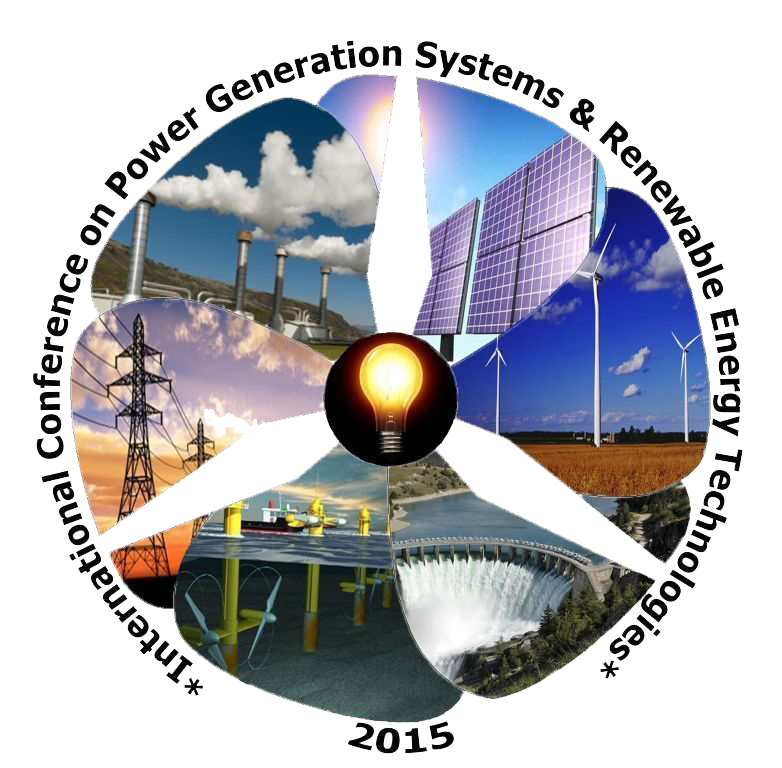
IEEE ISLAMABAD SECTION
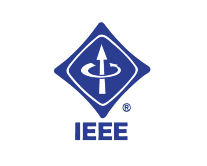
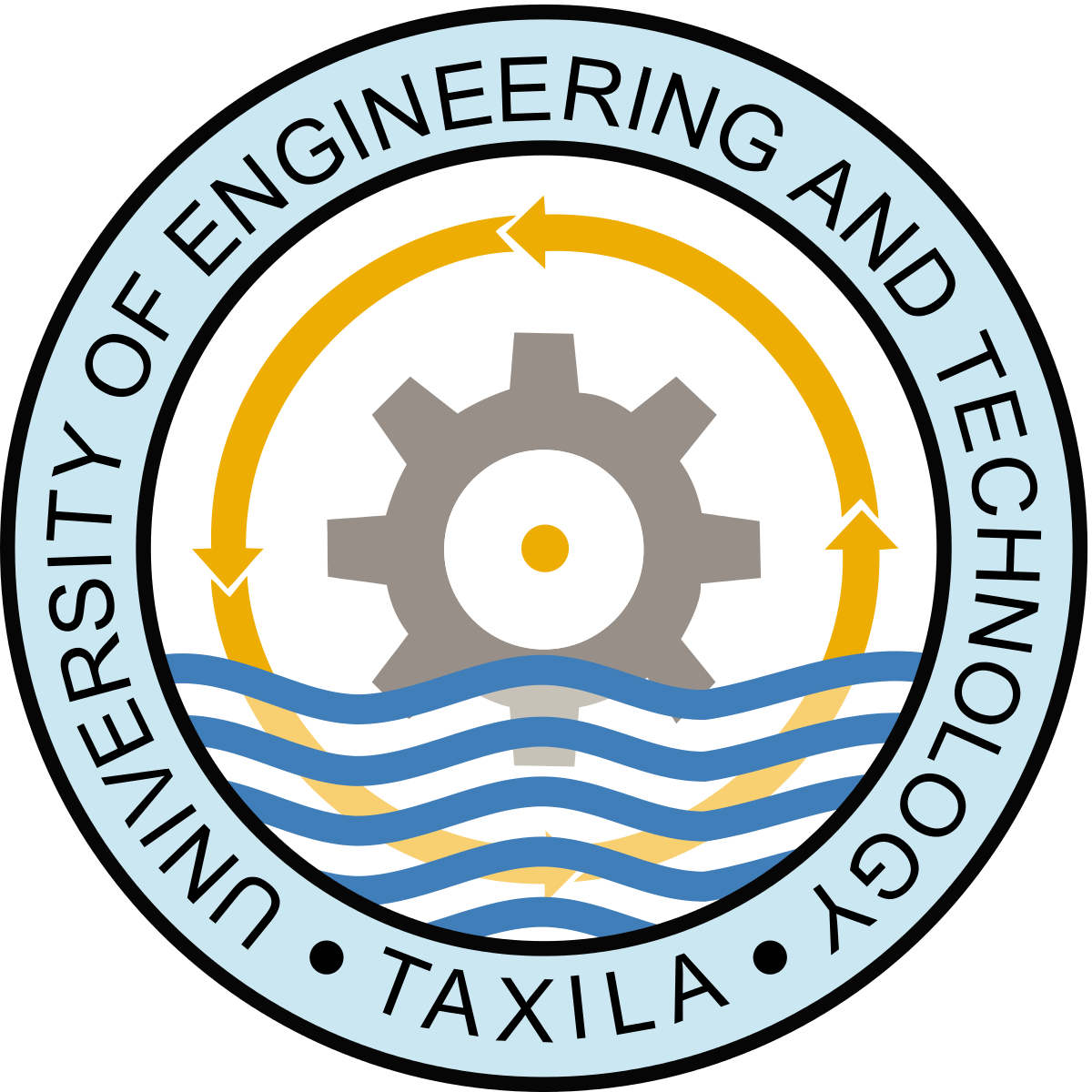
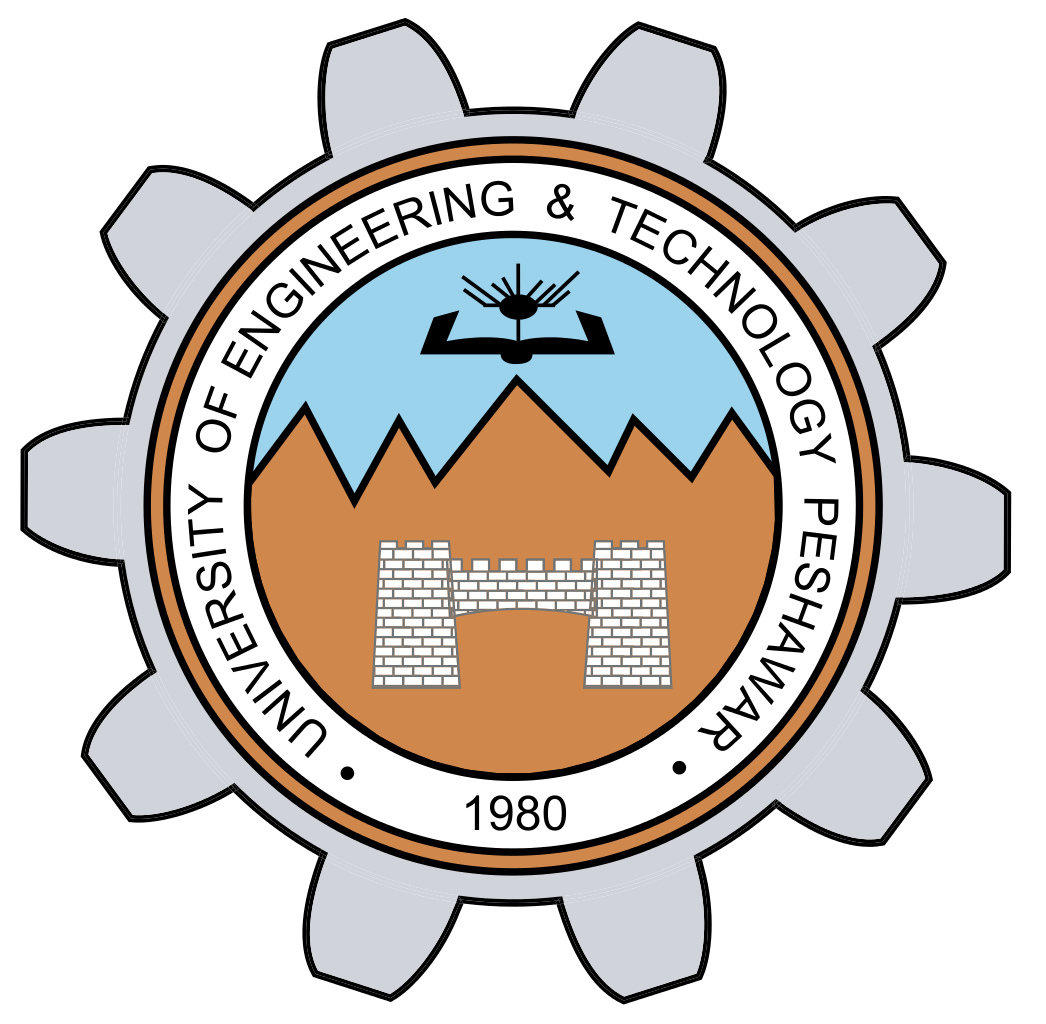
SESSIONS


